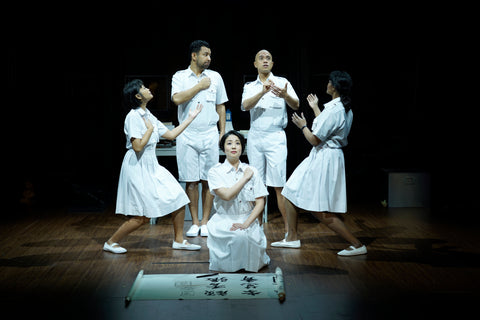Unlearning History

Dear Reader,
I remember watching Merdeka the play with some colleagues two years ago. Besides marvelling at Wild Rice’s new theatre space and just the whole complex which made catching up over meals in that vicinity that much convenient, I remember the unlearning that happened.
There, alternative accounts of the past were re-enacted and interrogated—so many lives and aspirations had been fought for, then cast off, and yet, in my social studies class decades later, Raffles had remained unscathed and monolithic, like his statues that still stand just about 400 metres away. In the theatre, my brain questioned and wrestled with entrenched schemas. In the theatre, Raffles falls.
Outside of it however, structures remain. Policies continue to give in to whoever wields the power.
In Hong Lysa’s essay in Raffles Renounced, she critiques an oft-quoted refrain: “We are all familiar with the Singapore narrative on merger and separation.” And the same can be said of the narrative that goes something like, “Singapore was built on the backs of migrants.” True to a certain extent—yet false if we fail to realise that Singapore was part of the Nusantara and that the Malays who are indigenous to the land were overthrown by Raffles and his British fellows in a bid for control. Once again, the brain unlearns; Raffles topples. And yet.
The process of colonialism, as Faris Joraimi writes, is “traumatic and displacive [but] rendered politically neutral” in our history books. So pernicious is it that we live through our days complacent and unquestioning; so unchallenged that it appropriates language, claiming the word “Merdeka” and trading it for a lesser version of its essence—freedom.
I have watched the play. I have read the book. And yet, articulated squarely, the title of Sai Siew Min’s essay also seems to ask: Why is Raffles still standing?
--
Suning
(From January 23, 2021)






